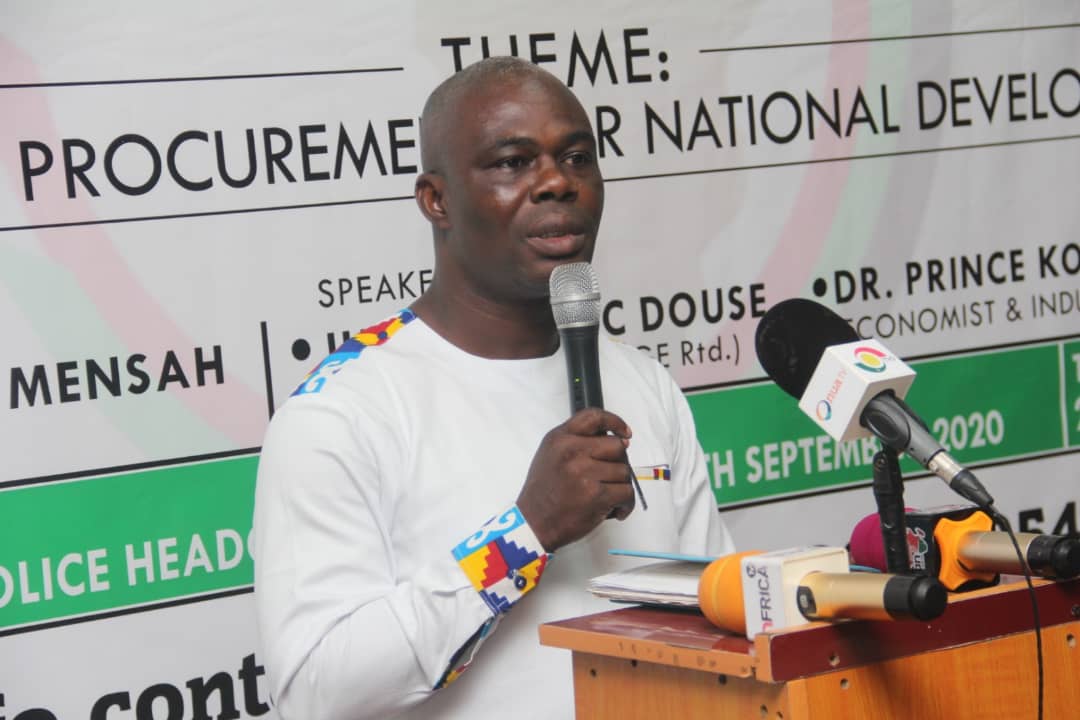
The Chartered Institute of Bankers (CIB) Ghana intends to make ethics and professional certification mandatory for all banking professionals.
This represents one of the most significant reforms aimed at strengthening accountability and reducing fraud across the financial sector, its Chief Executive Officer Robert Dzato has noted.
Developed in partnership with the Bank of Ghana (BoG) and Ghana Association of Banks (GAB), the policy forms part of a wider national effort to re-professionalise the industry through continuous training, certification and adherence to ethical standards.
Dzato believes the initiative marks a decisive step toward rebuilding trust in the financial system. This was made public at the 29th National Banking and Ethics Conference in Accra recently.
“Trust is built through character, competence and consequence – and that is what we are building in Ghana’s banking workforce. Every banker will need to be certified to continue working,” he stated.
Under this new framework, the Ethics 2.0 Certification Programme – co-developed with BoG – will be compulsory for all banking staff; from entry-level employees to senior executives and board members.
In addition, all branch managers must hold the Chartered Banker qualification (ACIB) within five years.
The move follows a worrying trend highlighted in BoG’s 2024 Fraud Report, which recorded a five-percent increase in reported fraud cases and a 13-percent rise in total value at risk to GH¢99million. Staff-related fraud, document forgery and identity theft were identified as leading contributors.
BoG Governor Dr. Johnson Pandit Asiama, in his keynote address, said the rise in unethical practices and internal fraud underscores a need for stronger professional accountability.
He noted that the central bank’s collaboration with CIB Ghana and GAB to develop the Ghana Banking Code of Ethics and Business Conduct was part of a broader regulatory reform agenda, aimed at reinforcing transparency, consumer protection and good governance.
“Trust is a bank’s greatest asset, essential for long-term success,” the Governor added.
Banks must not be conduits for corruption but collaborators in building integrity and protecting public trust.
The post Editorial: Rebuilding trust in Ghana’s financial system appeared first on The Business & Financial Times.
Read Full Story






















Facebook
Twitter
Pinterest
Instagram
Google+
YouTube
LinkedIn
RSS